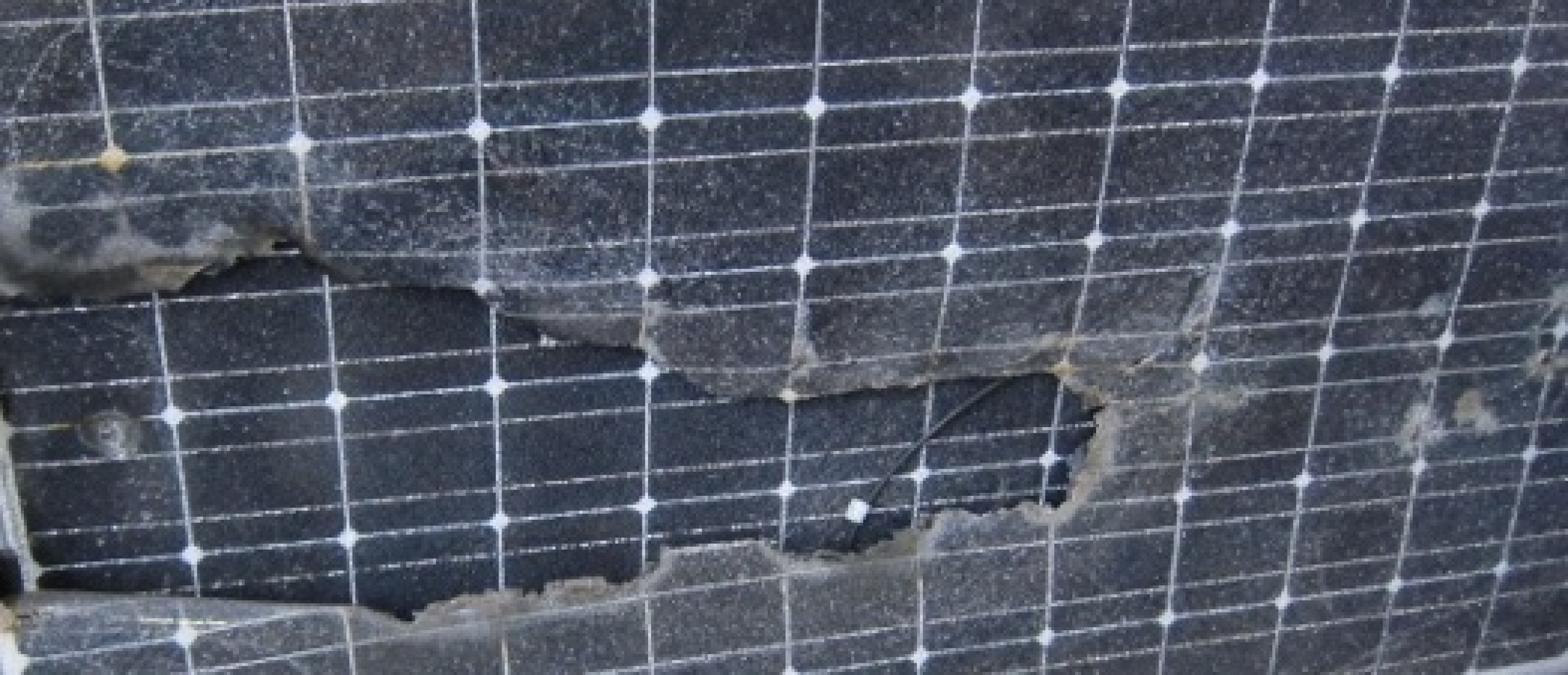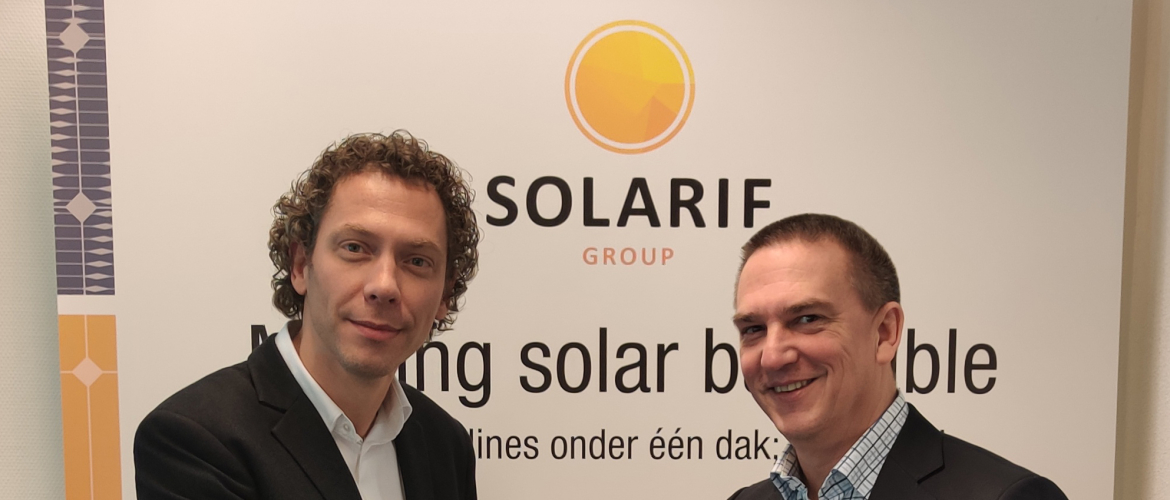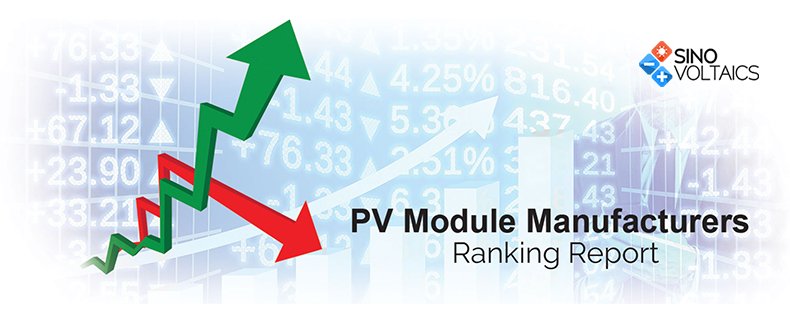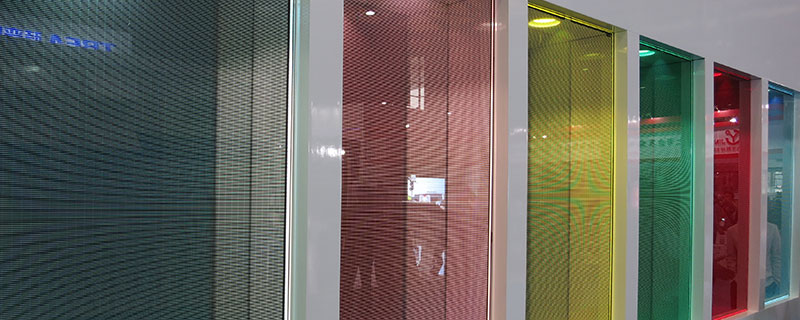The new year 2016 has started and many promising solar PV projects all around the world are awaiting installation and commissioning this year.
Just in time when factories gear up production after the holidays, we will look in this article at the relationship between the bankability and quality of solar PV modules.
What is solar module bankability?
Solar PV installations can be a costly and risky investment that requires much capital to be set up. Like with many (small and large) projects, bank financing is critical for leveraging investors to get their projects going.
Bankability of a solar module means that your bank is willing to finance a project with the solar modules that you selected as they’re confident about the quality and durability of the solar module and the sound state of the manufacturer.
Particularly for large project investors, one of the worst things they could possibly do is to pick a PV manufacturer as a partner without considering if their products are bankable.
Bankability depends on a large number of criteria and bankability in the PV industry is a term used to describe the degree of financial risk.
Whether a PV manufacturer is bankable or not is not a black or white judgment. The degree of bankability of a PV project will affect the availability and cost of capital.
Simply said, banks need to know if the cash flow is secure or not and that their loan will be repaid. A secure cash flow means the PV project is quite secure from a legal, technical and economic perspective.
But what do banks know about PV… really? Even though in the past decade bank financing of PV projects has become more common, still only a small percentage of banks are willing to step in and finance solar projects. The reason for that is simple: most banks do not understand the risks involved in solar projects.
Further, you may of course ask yourself: are banks themselves ‘bankable’? 😉
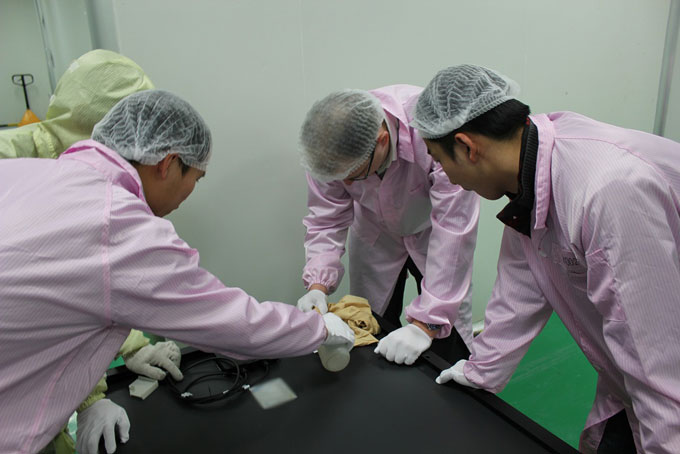
Factory audit can be required to turn a manufacturer bankable (Courtesy: Sinovoltaics)
How to turn a PV module brand “bankable”?
In the solar industry, bankability is a rather opaque term with non-standardized definitions. As there’s no clear or sole path to bankability, lots of different companies have jumped on this subject and came up with ‘The Solution’.
A. Insurance companies
Several insurance companies claim that once you purchase their solar insurance product, the solar modules become bankable. This is usually the case when the performance warranty and product warranty are insured.
B. Factory audits
Some companies can help to turn a PV module “bankable” in the eyes of purchasers, investors, or governments with the help of factory audits. This process usually goes beyond standard certification testing.
A full-scale solar module manufacturer audit is usually quite an extensive research that will investigate many aspects, such as the financial background, components used, production lines, in-house expertise, etc. After this audit, a report can be issued that should provide additional certainties about this particular manufacturer and its PV modules.
It is advisable to have factory audits performed by PV-specialized companies with an extensive background in assessing manufacturing processes, technologies, and of course quality aspects of PV modules. One such company is Sinovoltaics.
C. Analyst companies
Some analyst companies have their own criteria for bankability. For instance: Bloomberg New Energy Finance (BNEF) has created a tiers database with PV manufacturers categorized as Tier 1, Tier 2, and Tier 3.
Tier 1 companies are the ones with bankable products. Their criteria are:
“Tier 1 module manufacturers are those which have provided own-brand, own-manufacture products to five different projects, which have been financed non-recourse by five different (nondevelopment) banks, in the past two years”.
This is a pragmatic approach, however, it doesn’t explain the exact criteria that banks look at to consider a company PV module manufacturer bankable. They simply look at which PV modules have already been financed by several banks in the past.
Looking at bankability from BNEF’s perspective, it is extremely difficult for new manufacturers (or new technologies) to gain bankability, as they don’t have any reference to previously financed projects.
D. Certification bodies
Certification companies are nowadays offering additional lab tests that go beyond standard certification testing and some even offer special bankability services.
Such reports can be useful information to show to a bank that ‘this PV module is better than others’, and can in some cases turn a PV module bankable.
Yet, in such cases, it still depends on the manufacturer or sometimes even the solar project investor to approach these labs, get the additional (costly) tests done, and negotiate with a bank.
Are bankable solar modules quality solar modules?
Does bankability guarantee that a solar module is of high quality? Or is bankability rather an indicator but no guarantee for quality PV modules?
Similar to the limitations of certifications and warranties, bankability is merely an indication that a PV module is more reliable, yet it is not a guarantee that a PV module is of the highest quality.
Also, bankability is by no means a guarantee that a PV manufacturer may be around for the long run. Look at manufacturers and the solar divisions of large multinationals that were once considered bankable and later went down: Suntech, Sharp, BP, Siemens, and Bosch, just to name a few…
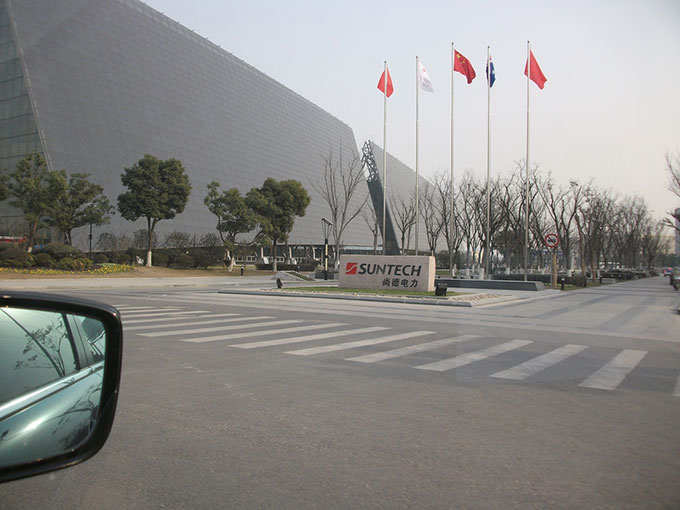
Suntech Power – Bankable again?
Bankability: the takeaway
Purchasing solar modules from manufacturers evaluated as bankable carries a higher certainty of buying goods from a company that underwent some tighter scrutiny, increasing the chances of the reliability of your supplier and its solar modules.
Moreover, buying solar modules from bankable manufacturers provides investors with significantly higher chances of access to financing for their projects.
Therefore, it is advisable to check with the manufacturer if it is bankable and if so, evaluated as bankable by which institutions/assessing bodies.
Also important is that project samples are requested and their performance assessed. However, keep in mind that increased chances of reliability do by no means indicate that purchasing solar modules from a bankable manufacturer is 100% safe harbor.
For optimal solar PV project ROI, nothing beats the quality assessment of PV modules through independent quality assurance prior to installation. Our team at Sinovoltaics can help you assess the quality of PV products on-site at factories in Asia.

